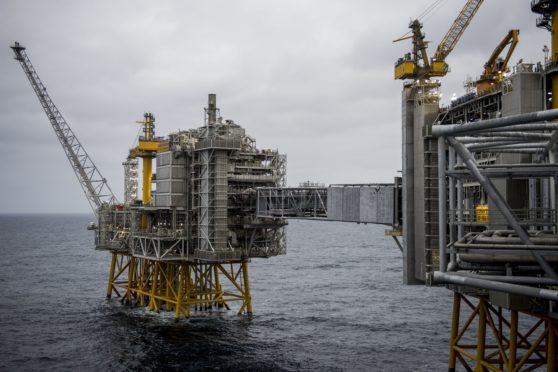A report released by the Natural Resource and Governance Institute (NRGI) has shown that Ghana has so far accrued an amount of US$5.2 billion in the sale of crude oil.
According to NRGI, the money was generated between 2011 to 2020.
The NRGI’s report explained the generation came from the sale of 73 cargos of crude oil by the Ghana National Petroleum Corporation (GNPC).
The report also noted the sale which was realized in the second quarter of 2020 was made up of 71.1 million barrels with a total value of US$5.2 billion.
NRGI’s latest report is titled, “Ghana’s Oil Sales: Using Commodity Trading Data for Accountability.”
Here are some key findings of the report as shared by Citi Business News
• Ghana National Petroleum Corporation’s (GNPC) oil sales are a significant source of revenue, equaling nine percent of government revenue in 2019.
• Ghana is highly transparent in reporting on its commodity trading activities. GNPC, the Ministry of Finance (MoF), the Bank of Ghana (BoG), the Public Interest and Accountability Committee (PIAC) and Ghana Extractive Industries Transparency Initiative (GHEITI) all disclose information on the state’s oil sales activities.
• As of the end of the second quarter of 2020, GNPC had sold 73 cargos of oil, made up of 71.1 million barrels with a total value of US$ 5.2 billion.
• Oil sales revenues are directly determined by the prevailing oil price. The funds received for similarly sized cargos sold by GNPC ranged from US$126 million in 2012 to just US$ 12 million in 2020, following the oil price crash.
• The majority of Ghana’s oil revenue comes from its two long-term sales contracts with Russian trader Litasco and Chinese state-owned Unipec Asia, with the latter tied to the government’s US$3 billion loans from China Development Bank. In 2019 revenue from these two sales contracts equalled 6 percent of government revenue. These two deals alone generated 59 percent of the government’s total oil revenue for 2019.
• The ability of civil society organizations (CSOs), government officials, journalists and other oversight actors to analyze GNPC’s oil sales activities is more important than ever. Low oil prices and the need to respond to challenges posed by the coronavirus pandemic heightens governance and corruption risks and exacerbates the state’s debt sustainability issues.
• NRGI has collected relevant publicly available information on every cargo sold by GNPC to date. This report demonstrates how such data can be used by CSOs, government officials, journalists and other oversight actors to hold the government, GNPC and trading companies accountable for how the state’s oil is sold and the resulting revenues are managed.







